What's the Difference: Safety glasses
Should you wear glass, plastic, or polycarbonate lenses?
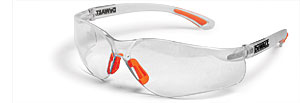
Safety should always be a top priority when you’re working, but every day, an estimated 2000 eye injuries occur in American workplaces, according to Prevent Blindness America. These injuries could have been prevented with the proper safety eyewear. Several types of lenses are available for safety glasses, and choosing the best material for the job is vital in providing the best protection.
Glass has the best optics
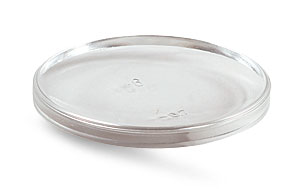
Glass lenses used to be the standard, but demand for this expensive material is decreasing. It is best known for its superior optical quality, which makes it a good choice for prescription safety glasses. Glass is durable and scratch resistant, but it’s heavy and more expensive than other lenses. When tempered in a chemical bath, glass can meet impact-resistance standards; yet some industry experts still don’t recommend it for most job sites because better lenses are available. However, glass is often preferred for those working on projects where static electricity is a concern.
Plastic is inexpensive
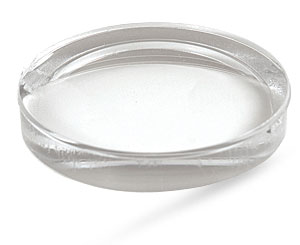
Plastic lenses are lighter and more comfortable than glass, but they need to be thick to meet industry impactresistance standards. Although plastic lenses scratch, they are more scratch resistant than polycarbonate lenses and tend to last a bit longer. The cost for plastic and polycarbonate lenses is about the same, but plastic lenses require extra treatment to provide adequate UV-protection for versions that will be worn outdoors.
Polycarbonate is the most impact resistant
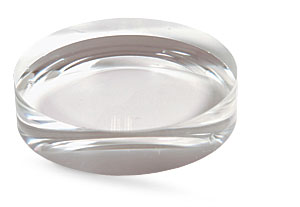
Polycarbonate is the most popular material for both nonprescription and prescription safety glasses because it offers the best impact resistance. This soft material absorbs energy without breaking and offers nearly 100% UVprotection. The majority of polycarbonate lenses come with scratch-resistant coatings. Industry experts recommend polycarbonate safety glasses for most job sites and suggest rinsing them with water and wiping them dry daily to prevent the buildup of static electricity.
Regular glasses won’t protect you
Far too often, comfort and convenience get in the way of safety. Wearing a pair of regular glasses can be just as dangerous as going without eye protection. The plastic lenses in regular glasses tend to break into sharp pieces (left), and untempered glass lenses usually break like a car windshield (right). Many companies make regular glasses with impact-resistant polycarbonate lenses, but that doesn’t mean they’re suitable for construction work. Safety glasses approved by the American National Standards Institute also have impact-resistant frames that are designed to keep lenses firmly in place during impact.
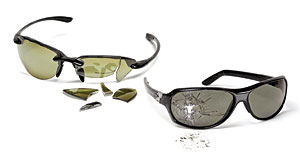
Photos: Krysta S. Doerfler
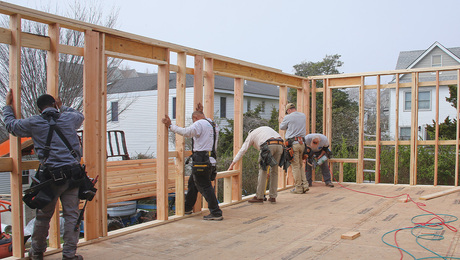


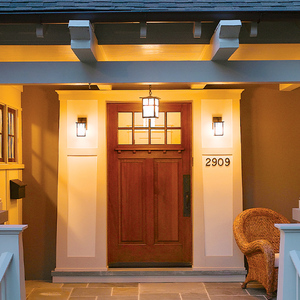
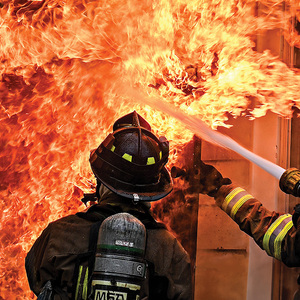
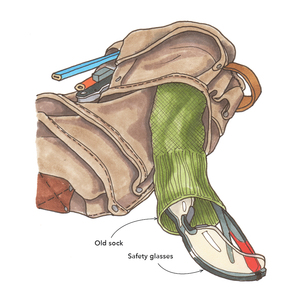




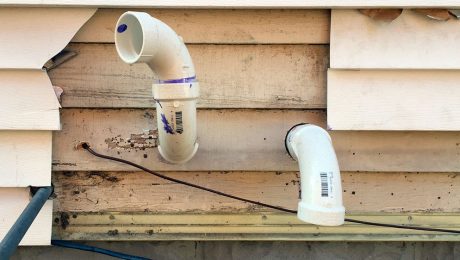

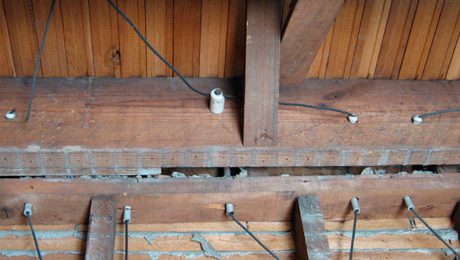
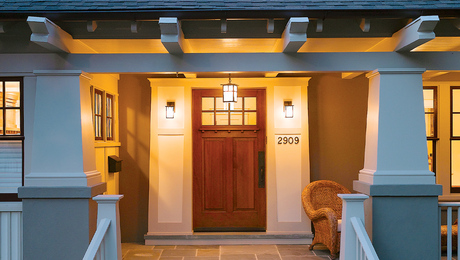


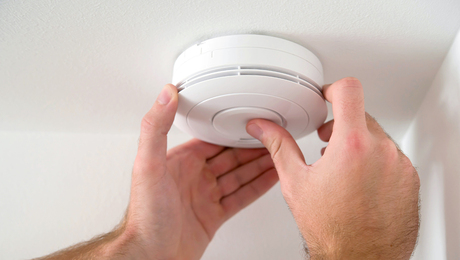










View Comments
Polycarbonate IS a plastic, so I don't know what you mean when you say "plastic lenses." Maybe acrylic? For a comparison, see http://www.hydrosight.com/acrylic-vs-polycarbonate-a-quantitative-and-qualitative-comparison/